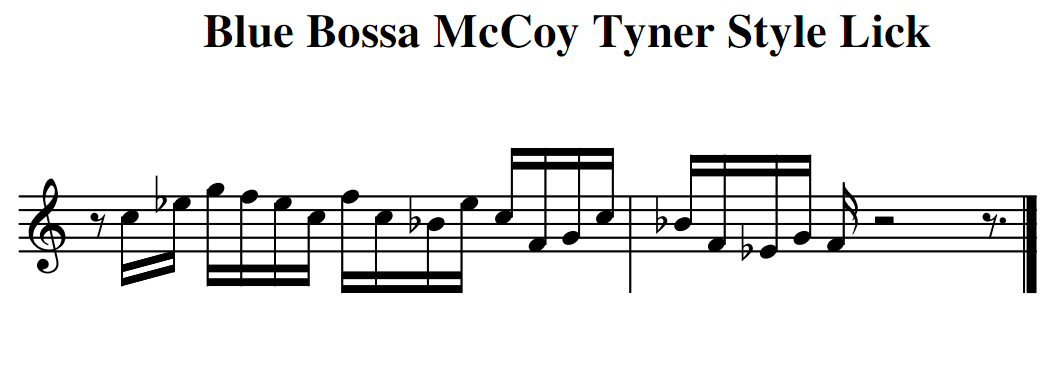Here's my main beef about acoustic pianos. You'll get someone who'll say "Oh, there's nothing like the sound of a real piano. I could never have an electric piano." And you go to their house, and they have a $15,000 grand piano and -- IT'S OUT OF TUNE! Usually
way out of tune. You gently and tactfully ask when it was last tuned and they say "Oh, five years ago, I think."
The difference between the feel of my piano and that of acoustics is smaller then the difference between different acoustic pianos.
Other reasons for a digital:
1. Never needs tuning -- always perfectly in tune
2. Easy to move
3. You can record your playing, then hear exactly what you sound like. Much of my practicing involves playing something in to the piano, then moving back, sitting down, and evaluating how it sounds.
4. You can change the sounds to make practicing more interesting
5. Let's say there's a new piece (or lick) you're considering learning. You'd like to hear how you'll sound after you've learned it and practiced it, to know whether it's worth putting in the effort. You can play in one hand at a time at a slower tempo, then speed it up and listen. You'd be amazed how much fun this is.
Here's an example. I played that in at 92 BPM, hands separate, then sped it up to 154.
Here's another example. I wanted to learn the lick that happens 27 seconds into
this video. I learned it, but of course it doesn't sound good at slow speed. So I play it in and speed it up, and I can hear that it will sound good when (if) I learn to play it fast (
like this). Also, when I wanted to write out that lick, I was able to do it by playing it on the keyboard and having an application write the music.


